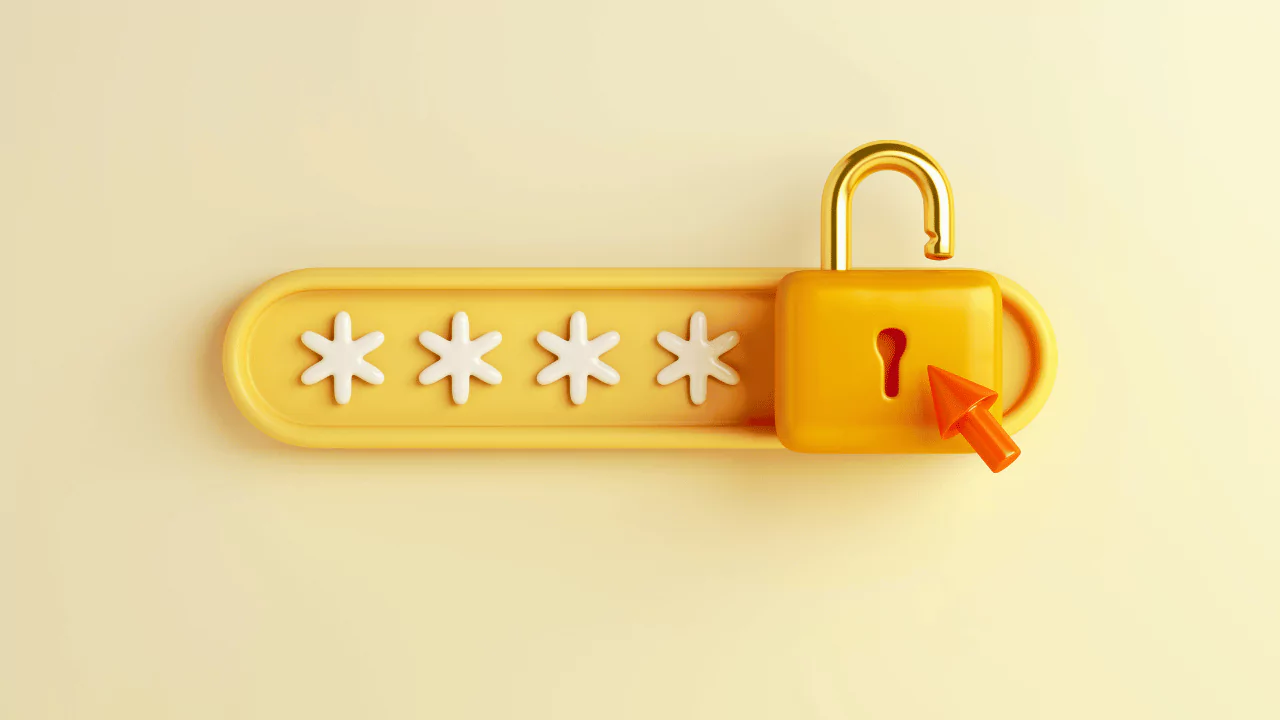Random Password Generator: Strengthen Your Security Online
Juggling multiple online accounts can be a challenge, especially when it comes to remembering unique and secure passwords for each one. Here’s where our random password generator comes in – a powerful tool to fortify your online security.
Random Password Generator
We don’t store any generated passwords
Benefits of a Random Password Generator
- Creates strong, unique passwords: A random password generator creates complex combinations of letters, numbers, and symbols that are nearly impossible to guess or crack. This eliminates the risk of using weak, easily predictable passwords like birthdays or pet names.
- Protects against cyber threats: Cybercriminals often use automated tools to guess passwords. By using unique, random passwords, you significantly reduce the risk of falling victim to hacking attempts, data breaches, and identity theft.
- Saves time and effort: No more struggling to create strong and memorable passwords for each account. A random password generator takes the guesswork out of the equation, providing secure passwords instantly.
How Does a Random Password Generator Work?
Random password generators operate based on pre-defined parameters to create strong passwords. Here’s a breakdown of the process:
- Parameters for creating a strong password: These include factors like password length (ideally 12 characters or more) and character types (uppercase and lowercase letters, numbers, and special symbols).
- True randomness vs. pseudo-random algorithms: Ideally, a password generator should use a cryptographically secure random number generator (CSPRNG) to create truly unpredictable passwords. Some generators rely on pseudo-random algorithms, which are less secure but still offer significant improvement over user-created passwords.
Tips for Creating Strong Passwords
Even with a random password generator, some additional practices can further enhance your online security:
- Mix of letters, numbers, and symbols: Utilize a combination of uppercase and lowercase letters, numbers, and special characters to create the most complex password possible.
- Avoid common words or patterns: Steer clear of dictionary words, personal information, or keyboard patterns like “qwerty.” These are easily guessable for hackers.
- Utilize a password manager: Consider using a password manager – a secure application that stores and manages your unique passwords for various accounts. This eliminates the need to remember them all.
Ensuring Password Protection
Having strong passwords is just one aspect of online security. Here are some additional practices to ensure your passwords remain protected:
- Secure storage and management: Avoid storing passwords on unsecured devices or writing them down. Password managers offer a secure and convenient solution.
- Regularly changing passwords: Consider changing your passwords periodically, especially for critical accounts like email and banking. This minimizes the risk of compromise if a password is somehow exposed.
- Monitoring and controlling access: Enable two-factor authentication (2FA) whenever possible. This adds an extra layer of security by requiring a second verification code in addition to your password when logging in.
By using our random password generator and following these best practices, you can significantly strengthen your online security and protect your valuable data from cyber threats.







